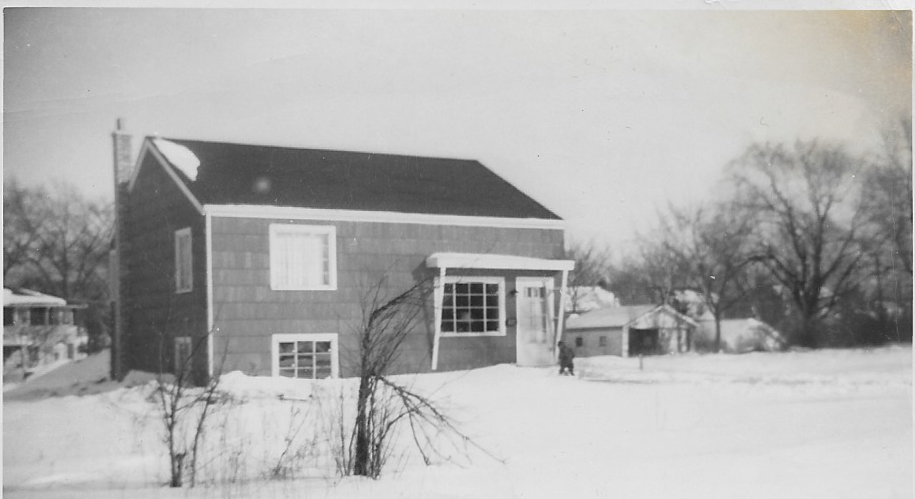Making
music. Is it art or is it magic? Certain performances/collected
works/bands/songs hit the notes of magic. Profound, mysterious, other-worldly. Running Dry
and Helpless, by Neil Young, have
always aroused the hairs on the back of my neck, invoking a sense of longing
that exceeds the flaccid emotion of most pop songs. Moonlight Mile, by the Stones, transports me to a different,
shimmering, druggy world. When I hear Billie Holiday’s recording of Pennies From Heaven I hear a voice that
is a true musical instrument, like she’s being played by an unseen hand. Bach’s
Brandenburg Concertos warps me to the
17th century, at the intersection of music, math and creativity.
Ry Cooder’s cover of the Blind Willie Johnson instrumental, Dark Is The Night, gets me every time. When I first heard it, I
thought, this is why you learn to play guitar. Emotional. Profound. Moving.
Perfect. Is it the simplicity, the complexity or the utter mastery of the
guitar strings that creates my sense of wonder?
Every
band or project of Ry’s is bit of magic—Sticky Finger-era Stones, Early Captain
Beefheart, Paris Texas soundtrack, the collaborations with musicians of Cuba,
Africa, India, Mexico, the American south and folk and blues. If you’re a fan of Ry, you’re a fan of musical
history, politics, anthropology and the connection we have with each other. Seeing
him play live or being interviewed, he seems to be a regular dude.
The pathway that led me toward Ry Cooder began when my Dad put Green Door on the turntable, sometime in the early 1950s. I noticed how enthused my father was. He dug the beat. Pop music was on the cusp of rocking. I felt it, too. Then Elvis came, and my life—American life—was never the same. Music has shaped me.
Elvis
was a big deal because he looked cool and he had the moves and sang some crazy
songs; a sneer with sideburns. At the same time, Chuck Berry at Chess Records
was exploding, and though his catalog is as important as any American songbook ever, Chuck couldn’t compete with the
Elvis package. Chuck was black. It was 1956, the Jim Crow era. Also, Chuck had done three years for armed
robbery. It took years before I learned that the early rock & roll of
Arthur Big Boy Crudup never reached a mainstream audience because Crudup was
also the wrong color for the times. So, it was Elvis who introduced young white
people to a new way of life. The opportunity to express pleasure by shaking
your hips. He was the right guy at the right time to codify the potent
combination of gospel music, country music, teenage insolence, sex, blues and
rebelliousness.
To be
a cultural force takes frequency—just like advertising. James Dean was a rebel
without a cause, a sneering young movie star adored by the same demographic as
Elvis, but Dean didn’t turn the culture upside down as Elvis did, because Elvis
was on the radio every day. You could spin his record on your turntable at
will. His first appearance on the Ed Sullivan Show reached an 82 percent share
of the television audience. This dwarfed the movie audience. Elvis had constant
visibility. You want some Elvis? Put him on your turntable whenever you want. The
radio played him all day and all night. You want some James Dean? Find a movie
theater that’s featuring one of his movies and buy a ticket, because there is
no VCR and no American Movies Classics and no Netflix. Elvis had the
technological advantage over James Dean.
I was
hooked on rock & roll as soon as I saw Elvis. I have a hazy recollection of
my dad taking me to a record store somewhere on the west side of Chicago— there
were no record stores in my tiny suburb of Clarendon Hills—to buy the Elvis 45,
“Money Honey.” In 1956 the young rock and roll record industry relied mainly on
45 rpm singles. The “A” side was deemed the hit or potential hit, the “B” side was
the toss off, the neglected sibling. The 33 1/3 rpm, long playing (LP) disc had
been introduced the same year I was born, 1948, but that format was used
primarily for classical music. Elvis was the first rock & roller to release
an album’s-worth of singles. This first LP included “Money Honey” but I can
only assume that we got the 45 because it was cheaper or maybe our phonograph
didn’t have a 33 1/3 rpm speed setting.
Like
Lou Reed would sing, my life was changed by rock & roll. In 3rd
grade, I took a blonde wooden hair brush to school and often excused myself to
go to the washroom where I could wet my hair and attempt to fashion an Elvis
do. My hair wasn’t quite long enough, though, and I didn’t use Brylcream to
give it the proper greasy look. The teacher must have thought that I had a weak
bladder.
There
could be only one Elvis, and the groundbreaking effect he had on our culture—to
be fair, white culture—was at least the equal of other pop kings like Michael
Jackson and even The Beatles. Young girls called bobby sox-ers, had screamed
for Frank Sinatra in the 1940s but not quite as wantonly as they did for Elvis.
And although the young girl screams would be more deafening for the Beatles,
the venues were a hundred times larger and the young girls screaming for the
Beatles were screaming because the cuddly Brits were so cute. The young girls
screaming for Elvis was because he aroused them sexually. That made him
dangerous.
In
1956, I had not yet been exposed directly to the Blues but “Money Honey” and
“Don’t be Cruel” and “Jailhouse Rock” evolved from the blues. It became
inevitable that I would make the path backward to this source. You’ll
understand where rock & roll originated by listening to the early blues of
Robert Johnson, Charlie Patton and Blind Lemon Jefferson, black music for a
black audience—they even called it race music. These country blues performers
were the influencers of the Chicago blues beginning in the late 1940s/early
1950s. Howling Wolf, Muddy Waters, Little Walter and Buddy Guy were the bridge
between the country blues of the south and the rock & roll that was about
to sweep the nation. Call it a migration.
When I
finally picked up an acoustic guitar at age 21, it was this early country blues
that captivated me: The same holy grail that snared Mick and Keith and Eric
Clapton and Ry Cooder. I learned the guitar styles of Blind Lemon, Blind Blake
and Mississippi John Hurt from records, perfecting my technique on lunch
breaks, back porches, saggy couches, VW mini vans, train stations and straight
back chairs, while on the road in Lawrence, Kansas and Carbondale, Illinois,
South America, Europe, Minneapolis and San Francisco.
When you
begin playing guitar—and you’re serious about it—you sense your progress, you
sense how your skills plateau and then lurch forward. I learned to break things
down and play them slowly before trying to play at the speed or the singular
rhythm of the masters. I remember the liberating feeling of being able to
bounce my thumb between the bass strings while my other fingers pinched and
picked the trebles on Shake That Thing
by Mississippi John Hurt. I was certain that I would play guitar for the rest
of my life and that nothing would ever be more important to me. Time has
confirmed this.
Magic
enchants the supernatural part of our soul. The languid sustain of a long,
drawn out note from Miles Davis triggers the many layers of consciousness.
There’s more going on than meets the eye; or the ear. What was his trick? How
did he do it? An insane amount of dedication and practice. Slight of hand.
Music is a big magical deal. I am thankful that I have been able to both live and craft a living with my guitar being either at the center of or dancing around the edges of my career, magically. I recently saw Ry Cooder perform at Thalia Hall in Chicago with my wife and son. It was magical. Long live rock & roll. Long live the blues. Long live magic.
©2019 Roger Bain



